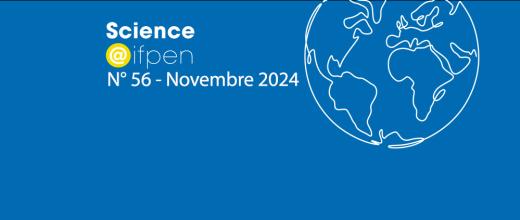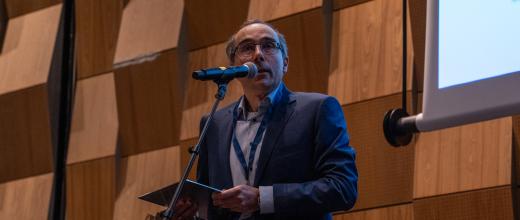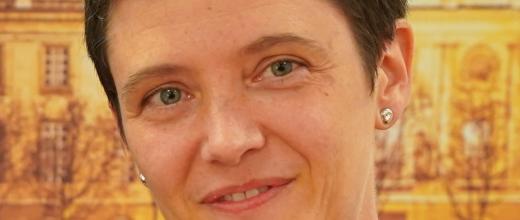Understanding the chemical properties of the supports (alumina-gamma in particular) and active phases of heterogeneous catalysts is a challenge that requires a detailed atomic scale description of systems and the quantification of events that are rare on this scale: chemical reactions. Quantum simulation appears to be a suitable tool for trying to overcome this challenge. However, continuous improvement of numerical methodologies and atomistic models is required to determine the complex structure of active sites, on the one hand, and their reactivity (rate constant), on the other. By covering all these aspects, this PhD research has provided answers to this dual challenge, while exploring the contributions of machine learning (ML) to the understanding of the active sites...









